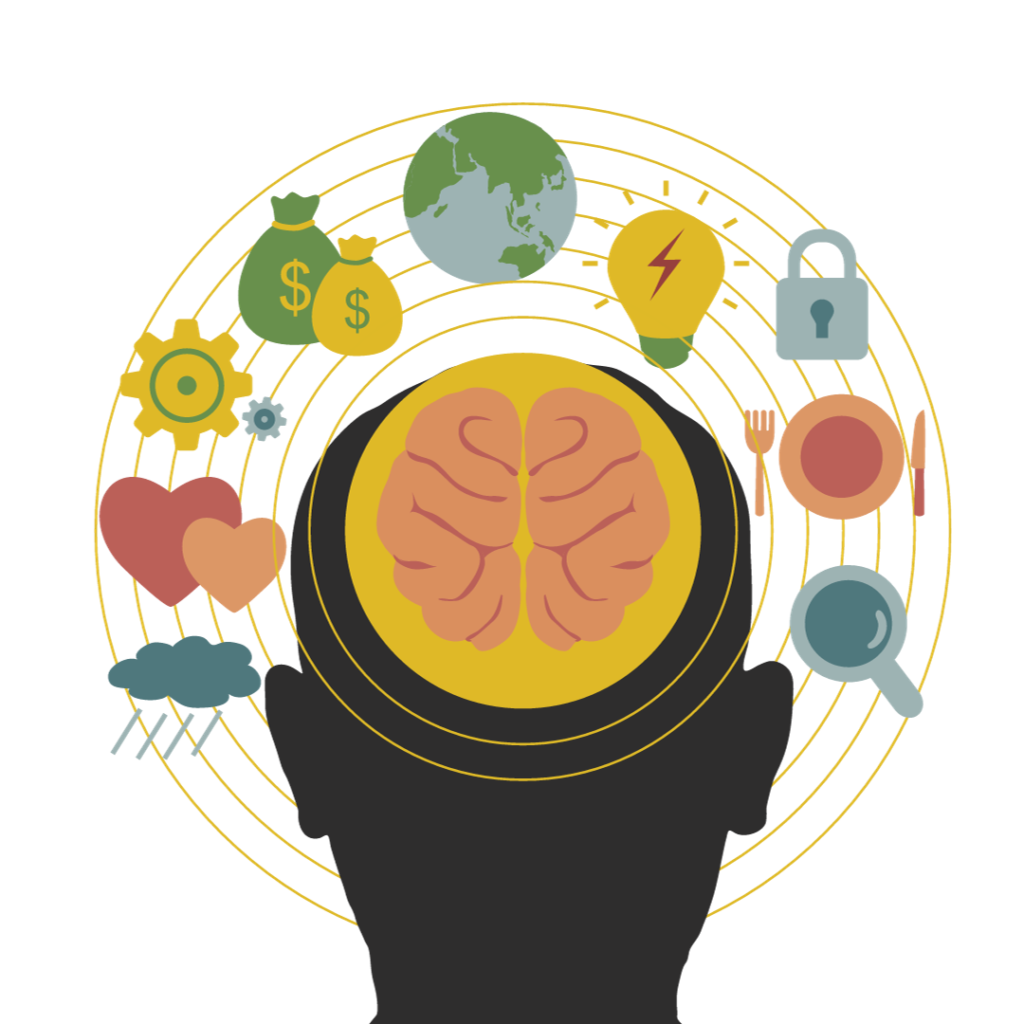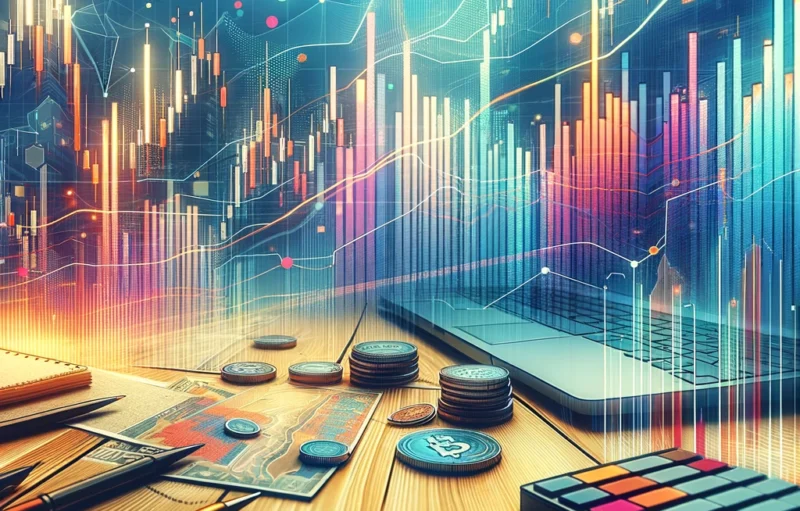The Emotional brain
The emotional brain plays a significant role in trading, both positively and negatively. On the one hand, emotions can provide valuable information about the trader’s state of mind and the risks and opportunities present in the market. On the other hand, emotions can also lead to impulsive and irrational decision-making, which can result in losses.

The emotional brain refers to a group of interconnected brain structures that are involved in processing and regulating emotions. These structures include the amygdala, hippocampus, hypothalamus, and limbic system.
The emotional brain plays a vital role in our lives. It helps us to:
- Identify and respond to threats and opportunities
- Form and maintain social bonds
- Make decisions
- Learn and remember
- Experience pleasure and pain
Traders who are able to understand and manage their emotional brain are more likely to be successful in the long run. Here are some of the key things to know about the emotional brain in trading:
The emotional brain is responsible for processing and regulating emotions. These emotions can have a powerful impact on trading decisions, both positive and negative.
Common emotions that can influence trading include fear, greed, anger, and hope. These emotions can lead to impulsive and irrational decision-making, such as overtrading, holding losing positions too long, and entering trades without a clear plan.
Traders can manage the emotional brain by developing a trading plan, practicing discipline, using risk management, and taking breaks. It is also important for traders to identify their emotions and how they impact their trading, challenge their negative thoughts, and seek support from other traders.
You can be interesting in “All about Williams %R indicator“
The Emotional Brain on trading

Here are some of the ways in which the emotional brain can influence trading:
Fear: Fear can lead traders to sell winning positions too early or to avoid entering trades altogether. It can also lead to overtrading, as traders may try to recoup losses quickly.
Greed: Greed can lead traders to hold losing positions too long or to enter trades without a clear plan. It can also lead to risk-taking behaviors, such as using leverage too aggressively.
Anger: Anger can lead traders to make impulsive decisions, such as closing winning positions too early or entering trades without proper risk management.
Hope: Hope can lead traders to hold losing positions too long or to enter trades that are unlikely to succeed. It can also lead to overtrading, as traders may try to catch up on missed profits.
Here are some tips about emotional brain on trading:
- Identify your emotions and how they impact your trading: The first step to managing your emotional brain is to identify your emotions and how they impact your trading. This means paying attention to how you feel when you are trading and what emotions lead to good or bad decisions.
- Develop a trading plan: A trading plan is a roadmap that can help you stay disciplined and avoid making impulsive decisions based on your emotions. Your trading plan should outline your entry and exit criteria, risk management rules, and other important factors.
- Use risk management: Risk management is essential for successful trading, regardless of your emotions. It is important to risk a small percentage of your capital on each trade and to exit trades early if they are not going in your favor.
- Take breaks: It is important to take breaks throughout the trading day to avoid emotional exhaustion. Breaks can help you to clear your head and come back to the market with a fresh perspective.
- Seek support from other traders: Talking to other traders can be a great way to get support and advice on how to manage your emotions. There are also many online forums and communities where traders can share their experiences and learn from each other.
Here are some additional tips that may help you manage your emotional brain in trading:
Challenge your negative thoughts: When you have a negative thought about your trading, ask yourself if it is really true. Is there any evidence to support your thought? If not, try to replace it with a more positive thought.
Visualize success: Take some time each day to visualize yourself making successful trades. This can help to boost your confidence and make you more likely to make sound trading decisions.
Practice mindfulness: Mindfulness is the practice of paying attention to the present moment without judgment. Mindfulness can help you to become more aware of your emotions and to manage them in a healthy way.
Seek professional help: If you are struggling to manage your emotional brain in trading, it may be helpful to seek professional help from a therapist or counselor. They can teach you additional coping mechanisms and help you to develop a better understanding of your emotions.
It is important to remember that everyone is different and what works for one person may not work for another. Experiment with different strategies and find what works best for you. The most important thing is to be patient and consistent. It takes time to learn how to manage your emotional brain, but it is a skill that is well worth developing.
It is important to note that these are just a few examples, and there are many other ways to use the Williams %R indicator in binary trading. It’s important to experiment and find what works best for you.
Your opinion is important
As a brand, our mission is to innovate and provide quality products to our community. All the Neuronaltrader team keep working hard to continue adding value to your assets!
If you are part of our community and use Binarytools to automatized your strategy, let us know what do you think about this version. Come into the community and know what others user are talking about Binarytools 2.4
what are you waiting for? Join here!
Important: The information and/or knowledge expressed in this article shouldn’t be taken as investment recommendations or financial advice. All investments and/or actions involve a risk and each person is responsible for researching, educating and analyzing before making an investment decision.



